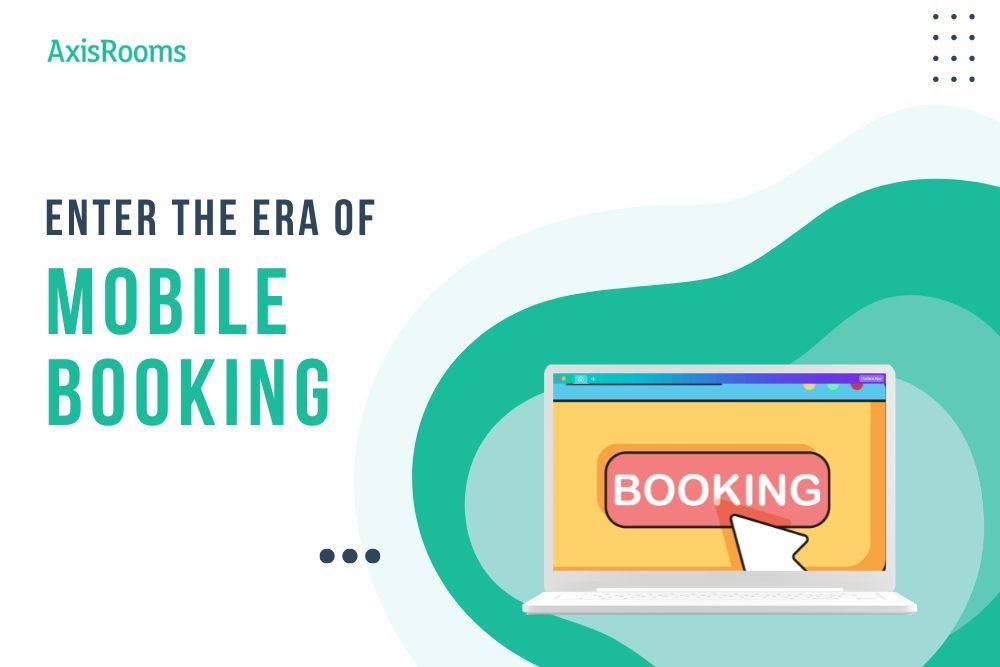Hotel bookings have changed immensely in the past decade, driven by the instant gratification of the mobile revolution. With the last-minute inventory liberated by the similar of HotelTonight, for example, it’s more important than ever for hotel revenue managers to tackle traveler expectations head-on.
For the traveler, the future of mobile hotel booking may include richer information, personalized offers and expanded merchandising from hotel partners. In order to provide these expanded offerings, hoteliers can glean critical information from top-of-the-funnel inbound searches. Other key areas include the devices used to make bookings, as well as the booking behaviors of different age groups.
A recent Google U.S. traveler study demonstrates certain trends in traveler’s behaviors when it comes to hotels. Traditionally, search engines have dominated the travel planning process, with apps used primarily immediately before and during a trip.
Business travelers still lean towards using branded mobile apps for travel-related mobile hotel booking. The Google research shows almost 25 percent of the travelers surveyed typically started hotel bookings and online travel planning with search engines. This is up from 18 percent the previous year.
The latest travel dashboard data from Google shows that travelers will use whichever device is handy when searching for travel. This includes searches on mobile devices, which for hotels rose over 27 percent year-over-year. In fact, every category of travel search saw an increase in mobile search usage in the same time frame.
But looking at all the travel survey data, an interesting pattern emerges. For certain types of travel bookings (mobile hotel booking included) mobile devices are not converting into actual bookings.
Rather than completing the booking on mobile, traveler switch to desktop or laptop to complete the purchase. This reality highlights the importance of aligning revenue management goals with app interface development, as well as monitoring emerging payment systems — seamless payments facilitate mobile conversions.
52 percent of millennial business traveler’s book on their mobile devices and 60 percent of mobile hotel bookings are at the last-minute. Perhaps unsurprisingly, baby boomers are looking for many of the same things as millennial travelers. The Boomer demographic is more likely to book in advance and is going hotel direct to book.
With this information in mind, it’s possible to cater to both audiences by providing a quality mobile experience that makes booking quick and easy. This applies especially to balancing the growth of last minute bookings and the desire by some travelers to book months in advance. While understanding key hotel booking trends is important, it’s just as important to know how to leverage these trends into day-to-day hotel revenue management.
The goals are to streamline the booking process and optimize internal hotel operations to boost guest satisfaction. This focus on guest experience comes at a time of disruption in the industry, with sharing stalwart economy such as Airbnb challenging hotels to provide service-based differentiation.
A good lesson to learn is to offer more mobile-friendly hotel booking options, such as richer room information with high-resolution photos and interactive 3-D animations. Emerging technologies are also useful for guest communications, with innovative new workflows including booking rooms via text message and online concierge services.
As far as merchandising and personalization, creating a platform to offer new discounts and offers can entice new customers and build brand loyalty. The ultimate goal of any travel provider is to offer customers a quality experience from beginning to end. By starting with a seamless booking experience, and moving to a fully personalized, high-touch guest experience, hotels can build brand loyalty that matters.


